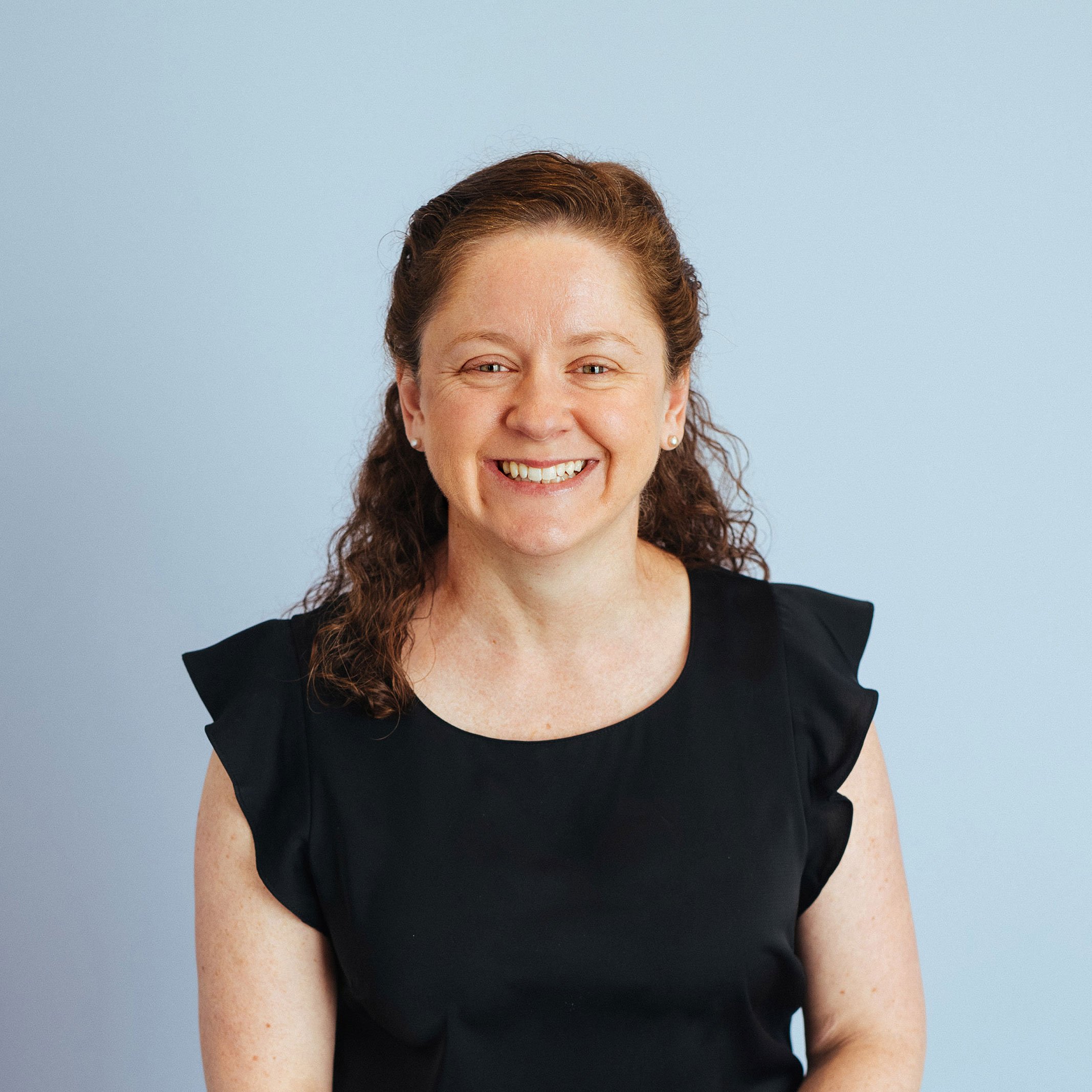And is the minimum pension for the current year recalculated on his 65th birthday?

Whilst a TRIS automatically becomes a retirement phase pension on the recipient’s 65th birthday, it doesn’t automatically become an account based pension.
In the absence of your client undertaking a “stop & restart”, he’ll continue to receive the same pension as before. It won’t be called an account based pension, but it will have all the same features as an account based pension, ie:
- the 10% maximum will no longer apply and there’ll be no restrictions on lump sum commutations (subject to the fund’s trust deed),
- the fund will start receiving a tax exemption on the investment earnings associated with the TRIS balance,
- the balance of the TRIS on your client’s 65 birthday will count towards their $1.6m transfer balance cap, and
- on death the pension can revert to any eligible beneficiary (usually only the surviving spouse) regardless of their age or retirement status (assuming Treasury Laws Amendment (2018 Measures No 4) Bill 2018 is passed in its current form).
For simplicity, once your client turns age 65, we’d differentiate his pension from a “normal” TRIS, by calling it a “retirement phase TRIS”.
Because the pension is just continuing to your client, his minimum pension for the current year will remain at the amount you have already calculated for this year based on his TRIS balance at 1 July. You do not need to recalculate his minimum pension until the following 1 July – at that point his minimum pension will be calculated based on a 5% draw down factor because he will be 65.
For some clients where the size of their TRIS balance would cause them to exceed their transfer balance cap, it may make sense to “stop & restart” the pension with a lower account balance.
Need help answering complex SMSF queries? Why not sign up for a technical support package and have access to our expert Technical Services Team via a dedicated free number or via email. Sign up for support through our Help Desk here.
This article is for general information only. It does not constitute financial product advice and has been prepared without taking into account any individual’s personal objectives, situation or needs. It is not intended to be a complete summary of the issues and should not be relied upon without seeking advice specific to your circumstances.




